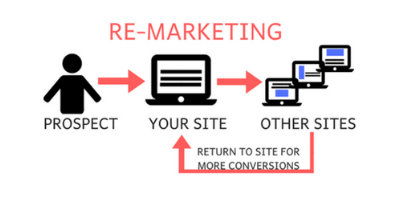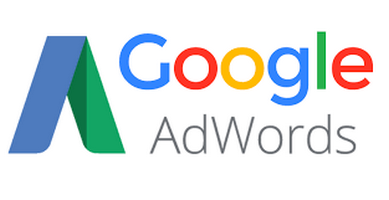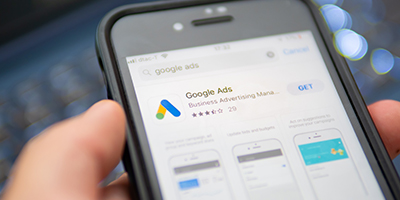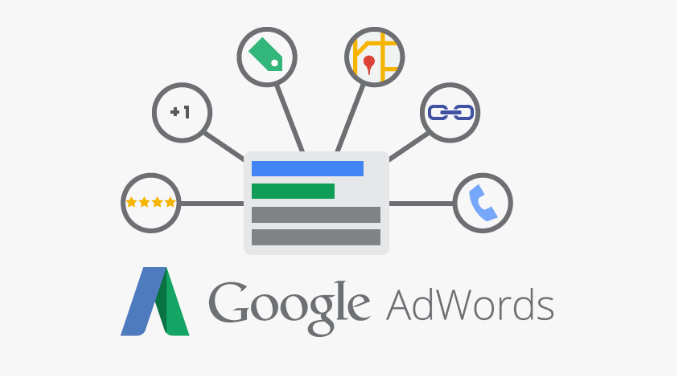If you’re unfamiliar with re-marketing, or “re-targeting,” it’s the positioning of display ads on third-party websites targeting users who have previously visited your website. Chances are you’ve seen these ads before; you visit a website, leave and then their ad pops up on another website. This is done via a cookie dropped in your web browser. Amazon is the king of re-marketing. The e-commerce giant runs dynamic re-marketing ads, which display the specific product you were viewing in their ads.
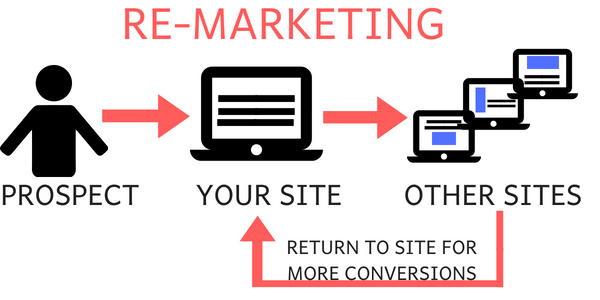
Why Utilize Re-Marketing?
Re-marketing is powerful because it gives a business the opportunity to re-engage with previous visitors to their website. Ideally, these visitors have met certain criteria, whether it be a minimum amount of time spent on the site or pages viewed (without taking any action). With this approach you know you’re targeting the most interested prospects, but not those who have already converted into leads or new patients. The end goal is to get prospects to click back to the website and take action so they convert into consults and then patients.
Why Aesthetic Practices Cannot Re-Market (With Google or Adroll)
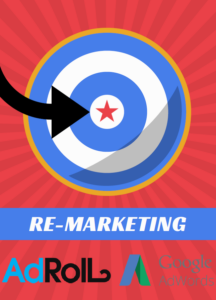
Neither Google nor Adroll, one of the largest platforms to manage ads online, will allow aesthetic practices to re-market. It doesn’t matter if you run a plastic surgery center, med spa, or dermatology clinic. Why? Because it’s viewed as invasive to prospective patients.
Think about it from a patient’s perspective. Let’s say you’re interested in a breast augmentation and you’re researching a few different plastic surgeons. You leave the website and go to USA Today or Yahoo or another news site and then you notice a pop up with a breast augmentation before & after photo. Another example is the acne sufferer who visits a dermatologist’s website and then notices photos of people with acne following them around the web. That’s invasive, and that’s why Google won’t allow re-marketing. Same with Adroll.
As a Google partner, we’ve worked with quite a few different reps. Each Google rep has stated that the only procedure considered “benign” enough to re-market would be laser hair removal, but that could only be done via a laser hair removal micro-site that references no other aesthetic procedures.
Don’t believe me? Try setting up a re-marketing campaign within the AdWords interface. You can even configure it in a way that’s not invasive at all, with no before & after photos or nudity or anything remotely offensive in the ad. You’ll still get flagged.
The only scenarios where I’ve seen aesthetic practices successfully re-market with Google or Adroll is if they’ve been doing it for years and have essentially been “grandfathered in.” If you’re one of those lucky few, I would strongly suggest you don’t make any updates to your campaign lest you initiate a review that then gets you flagged. Google is constantly updating its policies and it seems practices who have been advertising with them for years get more leeway. Lastly, you’ll also want to hope and pray no competitor calls you out, as Google encourages self-policing of its policies.
So What’s the Solution?
If your aesthetic practice has tried to run a re-marketing campaign only to be disapproved by Google or Adroll then the simple solution is to find another Demand-Side Platform (DSP). A DSP is a platform that allows businesses to purchase advertising inventory on multiple ad exchange and data exchange accounts.

When it comes to advertising on the Internet, you’re not just limited to Google. While I think that the search engine giant is a great place to start with search ads, there are other networks available, particularly for display and re-marketing ads. What makes DSP’s unique is the level of detail you can oversee, with auto-bidding and in-depth metrics for multiple ad exchanges, all from a single interface.
Keep in mind that just because you’ve found another DSP doesn’t mean you’ll get approved. You need to be cautious about what you say or show in your ads. Having a working relationship with the DSP is valuable as there’s a level of trust established.
If your aesthetic practice has been rejected from running re-marketing ads by Google or other platforms in the past or you’d simply like to learn more about how this ad medium then drop TRBO a note here. You can also reach us directly at 877-673-7096 x2.
